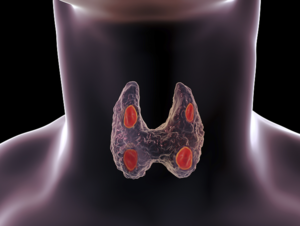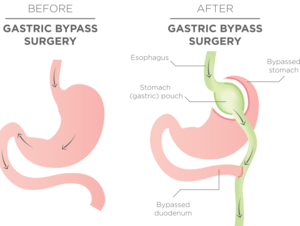My PTH is high (118 pg/ml), but my calcium is normal at 9.6 mg/dl. My urine calcium 24hr is 207. What would this indicate? Normal? Way weird?


Thanks for asking! The short answer is that your labs are in a gray zone, so with just this information, it is not possible to make a definitive diagnosis. To figure out what is going on, I would need to get a thorough history and would want to see more labs. I’ll go through my process here.
There are two possible diagnoses that could explain your labs: 1. Normocalcemic primary hyperparathyroidism, and 2. Secondary hyperparathyroidism. It is important to distinguish these, since the treatment is very different (surgery for primary and supplements or medications for secondary). Normally these two conditions are easy to distinguish, because high calcium levels indicate primary and low calcium levels indicate secondary. When your calcium is in the middle of normal range, it is in a gray zone. Secondary hyperparathyroidism occurs when your parathyroid glands need to work hard to keep your calcium levels in normal range. Typically you will have chronically low calcium levels or problems with calcium absorption, and the parathyroid glands make more PTH to try to keep the calcium levels up. You can read more about it here:secondary hyperparathyroidism. Most often, we will see calcium levels that are in the low to low-normal range over a long period of time (for example, in the low 9s in mg/dl or lower). If your prior calcium levels were all below 9.3 mg/dl, then I would say that you most likely have secondary hyperparathyroidism.
Primary hyperparathyroidism is a disease in which one or more parathyroid glands makes an inappropriate amount of PTH, which then raises the calcium level. Typically we see high calcium levels in primary hyperparathyroidism (calcium above 10.0 mg/dl). But not always. Some patients will have calcium levels that are consistently in the high end of normal (high 9s) and never have elevated calcium levels.
Given this, there are a few things I would want to evaluate: 1. Your prior calcium levels. If your calcium has ever been above 10.0 mg/dl, or is consistently in the high 9s, then primary hyperparathyroidism is more likely. If your calcium levels are typically in the 8s or low 9s, then secondary hyperparathyroidism is more likely. 2. Your risk factors for common causes of secondary hyperparathyroidism. Specifically, I would want to know if you have had a gastric bypass or have chronic diarrhea from any cause. These issues can produce problems with calcium absorption, which then causes secondary hyperparathyroidism as the parathyroid glands work hard to keep the calcium up. 3. Your dietary calcium and supplements. How much calcium are you getting in your diet or with supplements? A diet that is very low in calcium can cause elevated PTH levels as the parathyroid glands work hard to maintain blood calcium levels (the PTH takes the calcium out of the bones to do that). 4. Other medical issues: Have you had lots of kidney stones? Sometimes losing calcium into the urine inappropriately can cause kidney stones as well as secondary hyperparathyroidism. Do you have renal failure? End stage renal disease causes elevated PTH levels, though typically we will also see very low calcium levels.
It’s not normal to have a PTH of 118 pg/ml, but without more information I can’t tell you exactly why it is high. You may be able to figure it out reviewing the issues above, and you may need to be evaluated by a parathyroid specialist.



